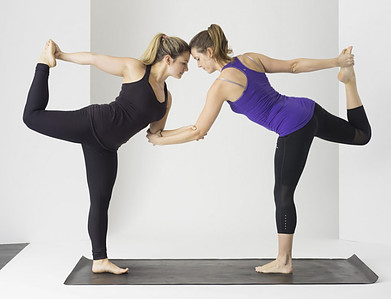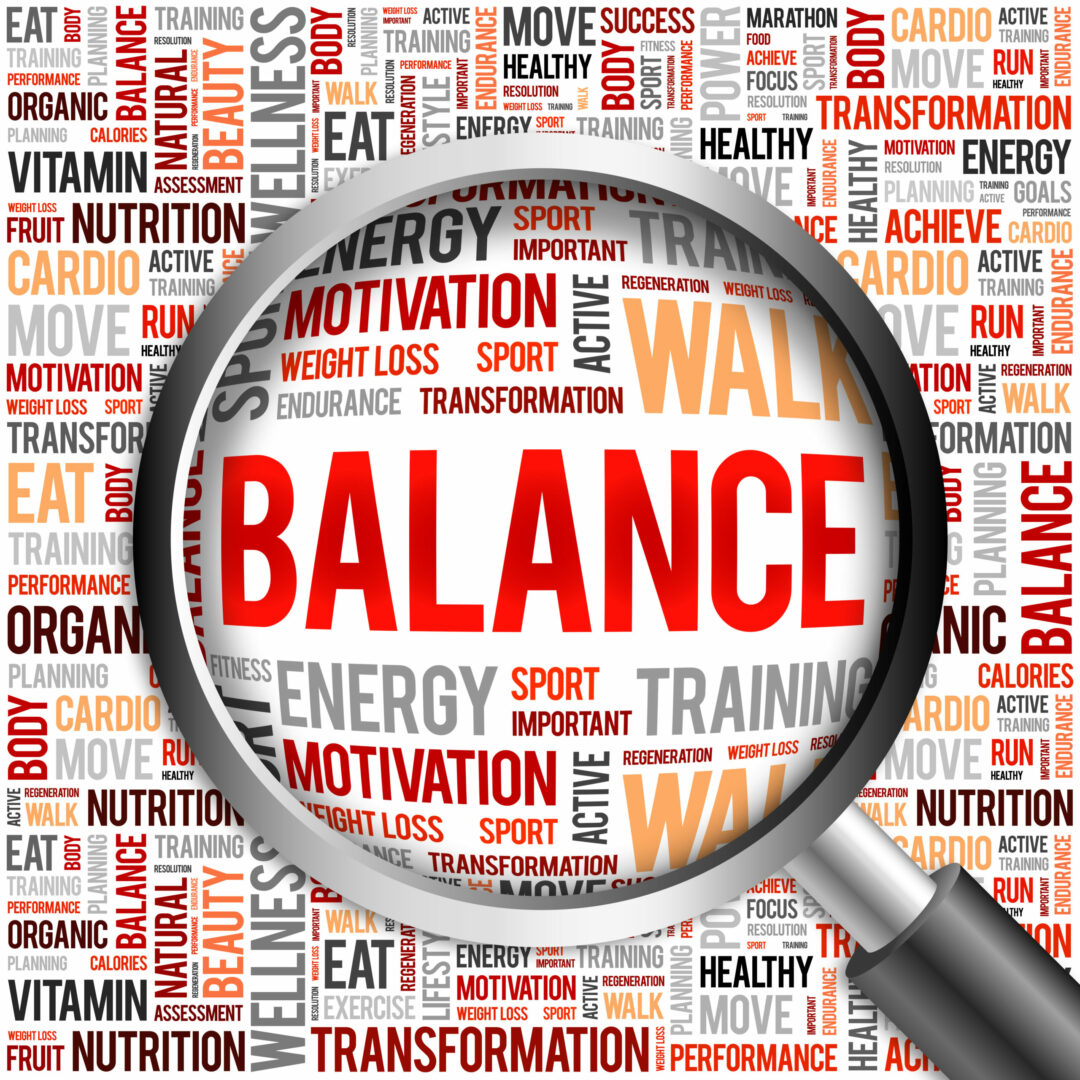 If you are a woman in your 40s or older, this blog post is for you. It’s time to accept that menopause isn’t just an inconvenience; it’s the new reality of life. The good news is, there are things we can do to make our transition easier. I’m going to share nine ways with you today!
If you are a woman in your 40s or older, this blog post is for you. It’s time to accept that menopause isn’t just an inconvenience; it’s the new reality of life. The good news is, there are things we can do to make our transition easier. I’m going to share nine ways with you today!
As much as I hate to admit it, my own transition was not easy, and I wish someone had told me about these tips when I was juggling a full-time career and raising two kids on my own. That said, maybe women around me didn’t know because they’re struggling too.
Here are nine tips I learned during my search to get a hold of my symptoms:
1. Get enough sleep. Not getting enough sleep can affect all areas of life. Lack of sleep can make you feel irritable or depressed, cause you to be more forgetful than normal, and lead to more falls or accidents.
To improve your sleep through the menopausal transition and beyond:
- Follow a regular sleep schedule. Go to sleep and get up at the same time each day.
- Avoid napping in the late afternoon or evening if you can. It may keep you awake at night.
- Develop a bedtime routine. Some people read a book, listen to soothing music, or soak in a warm bath.
- Try not to watch television or use your computer or mobile device in the bedroom. The light from these devices may make it difficult for you to fall asleep.
- Keep your bedroom at a comfortable temperature, not too hot or too cold, and as quiet as possible.
- Exercise at regular times each day but not close to bedtime.
- Avoid eating large meals close to bedtime.
- Stay away from caffeine (found in some coffees, teas, or chocolate) late in the day.
- Remember, alcohol won’t help you sleep. Even small amounts make it harder to stay asleep.

If these changes to your bedtime routine don’t help as much as you’d like, you may want to consider cognitive behavioral therapy. This problem-solving approach to therapy has recently been shown to help sleep disturbances in women with menopausal symptoms. You can find cognitive-behavioral therapy through a class or in one-on-one sessions. Be sure that your therapy is guided by a trained professional with experience working with women during their menopausal transition.
2. Eat healthy meals. Making healthy food choices is a smart thing to do — no matter how old you are! Your body changes through your 40s, 60s, 70s, 80s, and beyond. Food provides nutrients you need as you age. Use these tips to choose foods and beverages for better health at each stage of life.
- Drink plenty of liquids: Water is key to keep your body functions. Drink water often. Low-fat or fat-free milk or 100% juice also helps you stay hydrated. Limit beverages that have lots of added sugars or salt. Learn which liquids are healthier choices.
- Make eating a social event: Meals are more enjoyable when you eat with others. Prepare romantic dinners with your important one, invite a friend to join you, or participate in a potluck at least twice a week. There are many ways to make mealtimes pleasing.
- Plan healthy meals: Find trusted nutrition information from ChooseMyPlate.gov and the other trusted sources. Get advice on what to eat, how much to eat, and which foods to choose, all based on the Dietary Guidelines for Americans. Find sensible, flexible ways to choose and prepare tasty meals so you can eat the foods you need.
- Know how much to eat: Learn to recognize how much to eat to control portion size. When eating out, pack part of your meal to eat later. One restaurant dish might be enough for two meals or more.
- Vary your vegetables: Include a variety of different colored, flavored, and textured vegetables. Most vegetables are a low-calorie source of nutrients. Vegetables are also a good source of fiber.
- Use herbs and spices: Foods may seem to lose their flavor as you transition. If favorite dishes taste different, it may not be the cook! Maybe your sense of smell, sense of taste, or both has changed. Medicines may also change how foods taste. Add flavor to your meals with herbs and spices.
- Use vitamins and supplements as needed: You may need some additional sources of vitamins and dietary supplements such as Calcium and Vitamin D, to maintain certain functions that may be affected in perimenopause. There are natural supplements that significantly reduce the symptoms and promote and enhance libido.

3. Stay active, but not too much that it becomes overwhelming. Exercise during and after menopause offers many benefits, including:
- Preventing weight gain: Women tend to lose muscle mass and gain abdominal fat around menopause. Regular physical activity can help prevent weight gain.
- Reducing the risk of cancer: Exercise during and after menopause can help you lose excess weight or maintain a healthy weight, which might offer protection from various types of cancer, including breast, colon, and endometrial cancer.
- Strengthening your bone: Exercise can slow bone loss after menopause, lowering the risk of fractures and osteoporosis.
- Reducing the risk of other diseases: Menopause weight gain can have serious implications for your health. Excess weight increases the risk of heart disease and type 2 diabetes. Regular exercise can counter these risks.
- Boosting your mood: Physically active adults have a lower risk of depression and cognitive decline.
How does exercise affect menopause signs and symptoms?
Being overweight or having a BMI greater than 30 (obesity) might be associated with hot flashes; there is ongoing research to find out more. Exercise isn’t a proven way to reduce menopausal symptoms, such as hot flashes and sleep disturbances. However, regular exercise can help you maintain a healthy weight, relieve stress, and improve your quality of life.
Our program recommends moderate aerobic activity for at least 150 minutes a week or vigorous aerobic activity for at least 75 minutes a week for most healthy women. In addition, strength training exercises are recommended at least twice a week. Feel free to spread out your exercise throughout your week.
4. Keep a journal to track your moods and symptoms. Tracking the severity of your menopause symptoms can be very helpful in finding trends. You may learn to recognize how certain foods affect you, how your mood changes from one day to the next, and how your medications are related to your treatment. Consistency is key when keeping track of your symptoms.
Menopause symptoms can be hard to remember, especially when brain fog is one of them. By taking a moment after each day and writing down what you experienced that day will help you notice any trends in your menopausal symptoms!
6. Create a plan for what you want to do when menopause starts so that you can feel prepared for it happening. A woman’s transition through menopause is a natural and inevitable life event. It does not need to be something women fret over as they can prepare for it with some knowledge of what lies ahead. As such, the challenges that come from this new phase in their lives will feel less daunting with plenty of planning.
You can’t prevent menopause, but you can prepare yourself for it. These four tips can help when you’re planning menopause.
- Get the Facts: Most women know that their menstrual cycle will stop when they get to a certain age, and they’ll go through “the change” of menopause. But not all women really know the facts about menopause. When does it typically happen? What does it feel like? How long does it last? And what is actually happening? Learning the answers to these questions is key to planning for menopause.
- Prepare for Symptoms: As we mentioned before, there are several common symptoms associated with menopause. Getting familiar with these symptoms can be handy because you can start learning how they can be alleviated or managed. The most common symptoms of menopause include:
- Hot flashes
- Night sweats
- Mood swings
- Fatigue
- Difficulty sleeping
- Urinary incontinence
- Sexual discomfort
Menopause can be an eventful time for women. It’s not just about hot flashes, night sweats, and mood swings anymore- it  can also lead to fatigue that makes sleep difficult or even urinary incontinence which is embarrassing no matter your age! Sexual discomfort may come as a surprise, too, if you’re in your 50s, but this doesn’t mean there aren’t solutions out there, so don’t suffer alone when help is available.
can also lead to fatigue that makes sleep difficult or even urinary incontinence which is embarrassing no matter your age! Sexual discomfort may come as a surprise, too, if you’re in your 50s, but this doesn’t mean there aren’t solutions out there, so don’t suffer alone when help is available.
- Make healthy lifestyle changes: Many of the symptoms of menopause will occur no matter how good you are at planning for menopause. However, there are some steps you can take before menopause that can help you manage symptoms and prevent others.
- For instance, you may be able to protect your bones from fractures due to osteoporosis by making sure you get enough calcium and vitamin D.
- Finding low-impact exercises can also help with bone health. Some women experience weight gain during menopause or see their body weight shift to different parts of their body.
Some women experience weight gain during menopause or see their body weight shift to different parts of their body. If you’re concerned about your weight, it’s advisable to take action as soon as possible so you can develop healthy habits that will yield long-term results.
While it’s easier said than done, the best way to manage weight is to eat a balanced diet full of nutritious whole foods and get regular exercise. If you have questions or need help with a weight management plan, you can talk to Dr. Gala Health about the best options for you.
7. Remember that everyone is different– some women have very few symptoms while others experience more intense ones. You are unique, yet you can take the opportunity to learn from others. There are many resources for you to explore, such as groups of women on social media and looking for live and online events with experts on menopause.
8. Strengthen your resilience skills by trying acupuncture, as studies have shown it to be helpful for those experiencing hot flashes or night sweats. You can also try practicing yoga; this is a great way of releasing tension and relieving stress. Mindfulness has been dubbed the new health revolution-you might be surprised how many things you solve through connection with yourself at the present moment without judgmental thoughts!
9. Be patient – this is a process, and each person goes through it differently; there isn’t one set timeline for how long this transition will last
The transition to menopause can be a difficult time for many women. These 9 tips can help you make the process easier and more pleasant by incorporating some of these ideas into your lifestyle today. If you need help with any of this, we have experts on staff that would love to chat about it and see how they might be able to offer support in your journey through perimenopause!
Book an appointment now or start implementing some changes yourself right away so that you don’t experience the negative effects of this transitional phase as much. Which tips did you find most helpful?








I like your site in general. I’m looking at it on my phone and I really think it helps that it’s so mobile friendly. I can tell you’re running ads on it, and the thing is it makes your site look more complete. Each of your posts have plenty of content that gets the average person up to speed with whatever direction you decide to go with on your topics.
Hey, Adrian,
Thank you for visiting my site and leaving your comment. I appreciate it and hope you keep visiting and share with your family and friends.
I need to share this with my sister. She just entered this stage and is having the hardest time with hot flashes. I think if she tries to implement some of these tips, it would help her get through the menopause. She especially needs number nine – the patience. It’s a process that can take a few years!
Hey Alicia,
I am glad you found this article useful, and I hope It does help your sister find answers and make informed decisions. Should you need additional information, do not hesitate to contact me. Thank you for visiting and commenting on my article.
Thanks for sharing this brilliant article here. I cant say that its something that i take a great interest in personally but im pretty sure that my partner would be interested ijn reading this. So ive sent her the link to your post via the facebook messenger. I’m sure she will let you know her thoughts on it here.
Hello Kwidzyn! Thanks for stopping by my page, reading, and sharing my article. I would love to hear from your partner their opinion or experience. Please, let her know that I am at her entire disposition should she have any questions.